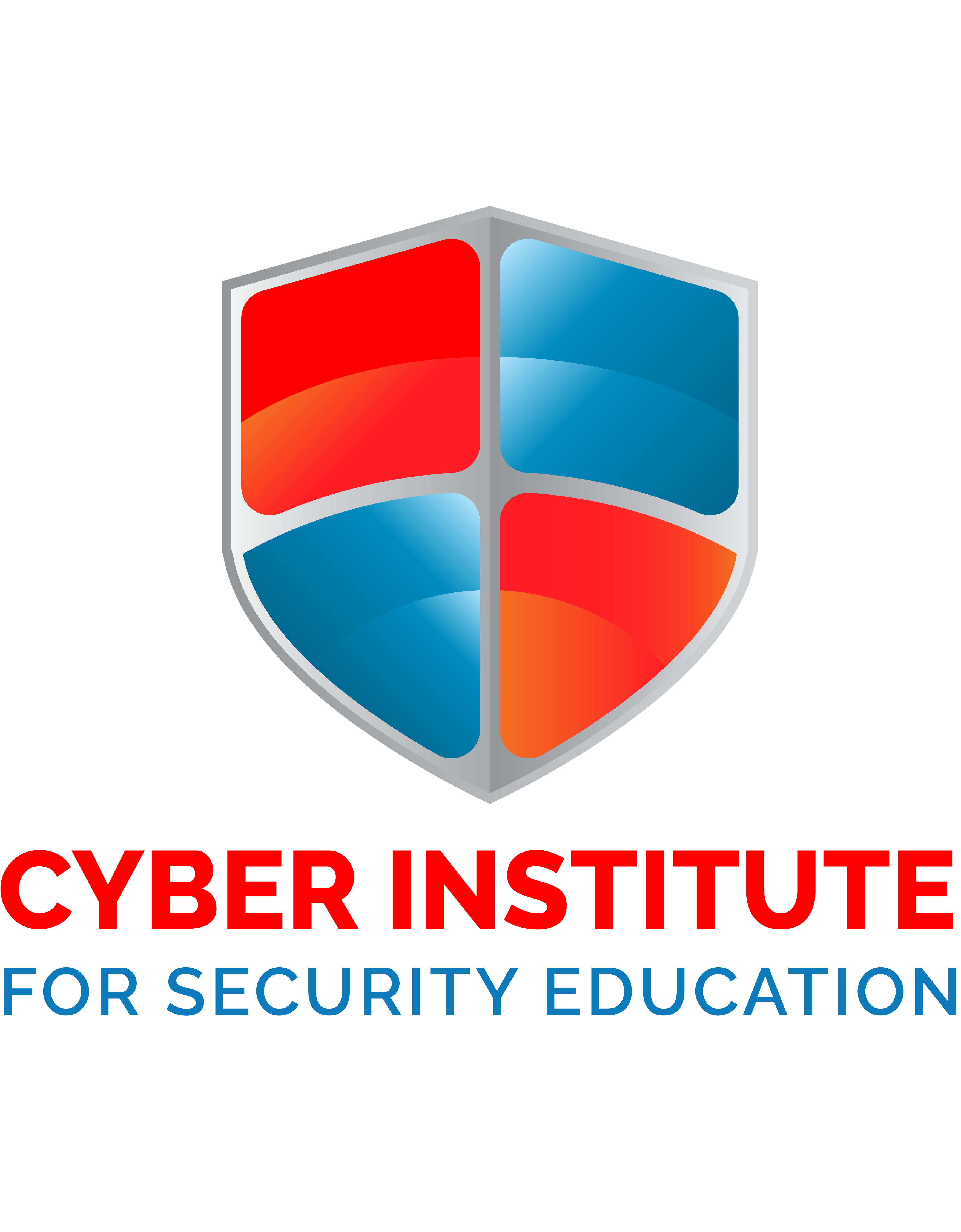TRAIN FOR NEXT GENERATION
Jenkins Certification
Jenkins is an open-source automation server widely used for continuous integration (CI) and continuous delivery (CD) pipelines in software development. It enables developers to automate various aspects of the software development lifecycle, including building, testing, and deploying applications, thus improving efficiency, reliability, and speed of software delivery. Jenkins achieves this through its vast ecosystem of plugins, which provide integration with a wide range of tools and technologies commonly used in modern software development environments.
At its core, Jenkins operates as a server that continuously monitors source code repositories for changes. When changes are detected, Jenkins triggers predefined workflows, known as jobs or pipelines, to automate the steps required to build and deploy the application. These workflows typically include tasks such as compiling code, running automated tests, generating artifacts, and deploying to testing or production environments. Jenkins pipelines allow developers to define complex workflows as code, making them easily version-controlled, reproducible, and scalable.
Jenkins offers flexibility and extensibility, allowing teams to customize and extend its functionality to suit their specific requirements. With thousands of plugins available for integration with tools like version control systems, build tools, testing frameworks, and deployment platforms, Jenkins can adapt to diverse development environments and workflows. Overall, Jenkins plays a crucial role in modern software development practices by enabling automation, collaboration, and continuous delivery, ultimately helping teams deliver high-quality software faster and more efficiently.
what is the CISE AcademyJenkins Certification Course?
____________________
The CISE Academy Jenkins Certification Course is a comprehensive training program designed to equip participants with the knowledge and skills needed to become proficient in Jenkins automation server. Developed by industry experts, this course covers a wide range of topics related to continuous integration (CI) and continuous delivery (CD) practices using Jenkins.
Throughout the course, participants gain hands-on experience with Jenkins through practical exercises, labs, and real-world projects. They learn how to create and manage Jenkins jobs, configure build triggers, integrate Jenkins with version control systems, implement automated testing, and orchestrate complex deployment workflows.
The CISE Academy Jenkins Certification Course is suitable for individuals at various skill levels, from beginners seeking to learn the fundamentals of Jenkins to experienced professionals looking to enhance their expertise and earn industry-recognized certification.

In addition to technical skills, the course also covers important concepts related to collaboration, communication, and best practices in CI/CD workflows. Participants learn how to collaborate effectively within development teams, integrate Jenkins into existing workflows, and foster a culture of continuous improvement and innovation.
By understanding the broader context of CI/CD practices and the role of Jenkins within the software development lifecycle, participants are better prepared to drive meaningful change and deliver value to their organizations.
Key Advantages of Jenkins Certification
____________________
The Jenkins Certification stands out as a notable starting point for those venturing into the IT field, validating fundamental skills in enterprise administration, networking, and system enhancement.
- Jenkins certification may offer ongoing resources like webinars and workshops for skill development.
- Certified professionals can connect and share knowledge through community forums and meetups.
- Programs may introduce focused paths like Jenkins for cloud-native apps or enterprise-scale deployments.
- Professionals could maintain certification through continuing education or recertification exams.
- Certification programs ensure relevance by gathering feedback and maintaining alignment with industry needs.
- Jenkins certification programs may introduce new certification tracks or specializations to cater to evolving needs in the industry
Jenkins Certification
____________________
Module 01:Introduction to Jenkins
Module 02: Continuous Integration & Continuous Delivery With Jenkins
Module 03: Getting Started With Jenkins
Module 04: CI & CD Pipeline With Jenkins, Gradle & Artifactory
Module 05: CI & CD Pipeline With Jenkins & Maven
Module 06: Manage Relational Database Schema With Jenkins And Sqitch
Module 07: Operational Considerations For Jenkins
Software developers
Software engineers
Technical leads
System administrators
Test engineers
1-Jenkins certification evolves with the latest features and best practices for professionals to stay updated.
2-Exams adapt to cover emerging areas like pipeline as code and Kubernetes integration, reflecting DevOps trend.
3-New tracks or specializations cater to evolving industry needs, offering diverse skill enhancement options.
Industry Recognition
Career Advancement
Comprehensive Curriculum
Practical Experience
Community Support
Continuous Learning
Enhanced Employability
Professional Development
Validation of Skills
Hands-On Learning
Jenkins Certification FAQs
What is Jenkins certification and why is it important?
Jenkins certification validates your expertise in automation and continuous integration practices using Jenkins, enhancing your credibility in the industry and validating your skills to potential employers.
What topics are covered in the Jenkins certification course curriculum?
The curriculum typically covers a wide range of topics including installation, configuration, pipeline as code, testing, deployment, and best practices in Jenkins automation.
Who is eligible to take the Jenkins certification exam?
Anyone with an interest in Jenkins automation and continuous integration practices can take the Jenkins certification exam. There are no specific eligibility criteria, but a solid understanding of Jenkins concepts is recommended.
How can I prepare for the Jenkins certification exam?
Preparation typically involves studying the official Jenkins documentation, taking training courses, gaining hands-on experience with Jenkins, and using exam preparation resources such as practice tests and study guides.
What are the benefits of becoming Jenkins certified?
Jenkins certification can enhance your career prospects, increase your earning potential, validate your skills to employers, and provide access to a network of certified professionals.
